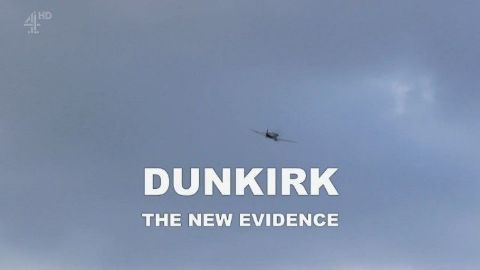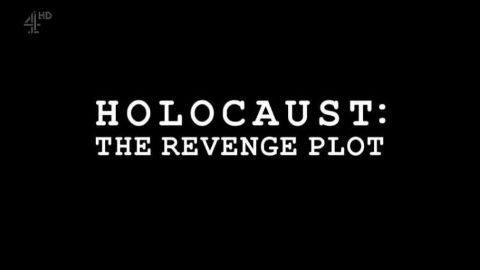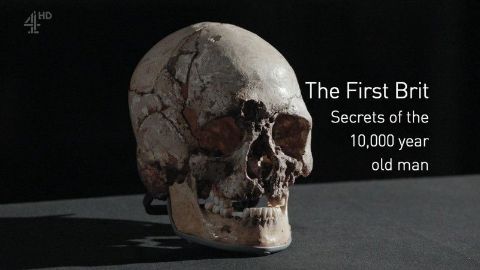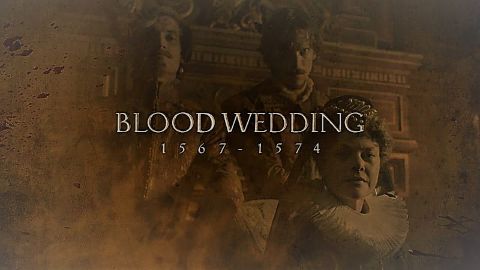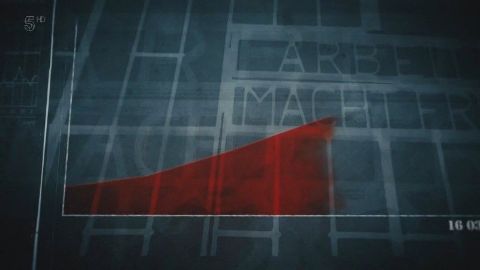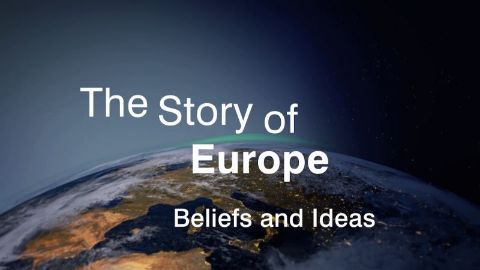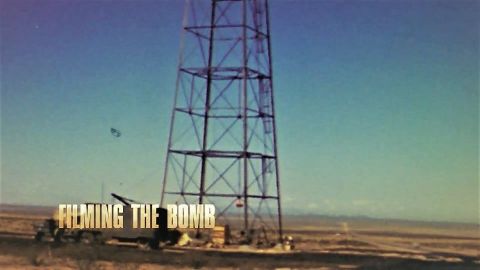Holocaust: The Revenge Plot • 2018 • Secret History
In the dying days of World War II, a secret organisation of Holocaust survivors plans a terrible revenge. Six million Jews are dead but, by 1946, just a handful of Nazis face trial. Most of the guilty will never face justice. For many of Hitler's victims, this is not enough. Based on previously unheard recordings and exclusive interviews with those involved - all of whom are over 90 - this documentary tells the story of a remarkable secret group known as The Avengers, who decide to take matters into their own hands. Assembled by the warrior-poet Abba Kovner, their aim is 'an eye for an eye, a tooth for a tooth, a life for a life.' Their plan: to murder six million Germans by infiltrating German cities and poisoning the water supply.
Make a donation
Buy a brother a hot coffee? Or a cold beer?
Hope you're finding these documentaries fascinating and eye-opening. It's just me, working hard behind the scenes to bring you this enriching content.
Running and maintaining a website like this takes time and resources. That's why I'm reaching out to you. If you appreciate what I do and would like to support my efforts, would you consider "buying me a coffee"?
Donation addresses
BTC: bc1q8ldskxh4x9qnddhcrgcun8rtvddeldm2a07r2v
ETH: 0x5CCAAA1afc5c5D814129d99277dDb5A979672116
With your donation through , you can show your appreciation and help me keep this project going. Every contribution, no matter how small, makes a significant impact. It goes directly towards covering server costs.
